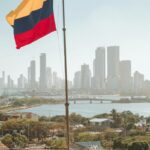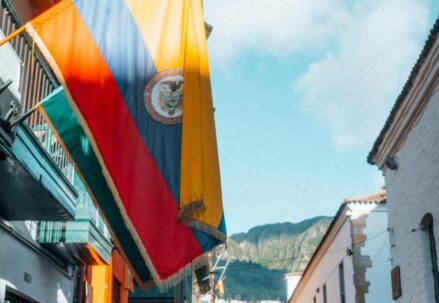In the lead-up to Colombia’s 2018 elections, former president Alvaro Uribe Velez made headlines for all the wrong reasons. Known for his outspoken opposition to the peace deal with the FARC guerrillas, Uribe sparked controversy with a shocking accusation against journalist Daniel Samper Ospina of Revista Semana, labeling him a “child rapist” in a socially unacceptable Twitter outburst.
The public outcry that followed revealed a shift in Uribe’s once-unwavering support base. Despite his retraction of the statement, the damage was done, shedding light on the limits of moral tolerance among Colombians.
Uribe, often portrayed as a master strategist with an unyielding grip on Colombian politics, faces a changing landscape as the 2018 elections approach. No longer able to rely solely on accusations of leftist sympathies, Uribe has shifted tactics, targeting opponents with allegations of corruption and illicit ties.
However, Uribe’s own past is not immune to scrutiny. Despite his contributions to Colombian security and international relations, questions linger about his administration’s connections to drug trafficking and paramilitary groups. While investigators seek to uncover definitive evidence linking Uribe to these crimes, his political influence remains formidable.
As Colombia grapples with its complex past and uncertain future, the 2018 elections promise to be a battleground where issues of corruption, accountability, and political legacy will shape the country’s trajectory. Only time will tell how the road ahead unfolds.





